The Intel 9th Gen Review: Core i9-9900K, Core i7-9700K and Core i5-9600K Tested
by Ian Cutress on October 19, 2018 9:00 AM EST- Posted in
- CPUs
- Intel
- Coffee Lake
- 14++
- Core 9th Gen
- Core-S
- i9-9900K
- i7-9700K
- i5-9600K
Test Bed and Setup
As per our processor testing policy, we take a premium category motherboard suitable for the socket, and equip the system with a suitable amount of memory running at the manufacturer's maximum supported frequency. This is also typically run at JEDEC subtimings where possible.
It is noted that some users are not keen on this policy, stating that sometimes the maximum supported frequency is quite low, or faster memory is available at a similar price, or that the JEDEC speeds can be prohibitive for performance. While these comments make sense, ultimately very few users apply memory profiles (either XMP or other) as they require interaction with the BIOS, and most users will fall back on JEDEC supported speeds - this includes home users as well as industry who might want to shave off a cent or two from the cost or stay within the margins set by the manufacturer. Where possible, we will extend out testing to include faster memory modules either at the same time as the review or a later date.
| Test Setup | |||||
| Intel 9th Gen | i9-9900K i7-9700K i5-9600K |
ASRock Z370 Gaming i7** |
P1.70 | TRUE Copper |
Crucial Ballistix 4x8GB DDR4-2666 |
| Intel 8th Gen | i7-8086K i7-8700K i5-8600K |
ASRock Z370 Gaming i7 |
P1.70 | TRUE Copper |
Crucial Ballistix 4x8GB DDR4-2666 |
| Intel 7th Gen | i7-7700K i5-7600K |
GIGABYTE X170 ECC Extreme |
F21e | Silverstone* AR10-115XS |
G.Skill RipjawsV 2x16GB DDR4-2400 |
| Intel 6th Gen | i7-6700K i5-6600K |
GIGABYTE X170 ECC Extreme |
F21e | Silverstone* AR10-115XS |
G.Skill RipjawsV 2x16GB DDR4-22133 |
| Intel HEDT | i9-7900X i7-7820X i7-7800X |
ASRock X299 OC Formula |
P1.40 | TRUE Copper |
Crucial Ballistix 4x8GB DDR4-2666 |
| AMD 2000 | R7 2700X R5 2600X R5 2500X |
ASRock X370 Gaming K4 |
P4.80 | Wraith Max* | G.Skill SniperX 2x8 GB DDR4-2933 |
| AMD 1000 | R7 1800X | ASRock X370 Gaming K4 |
P4.80 | Wraith Max* | G.Skill SniperX 2x8 GB DDR4-2666 |
| AMD TR4 | TR 1920X | ASUS ROG X399 Zenith |
0078 | Enermax Liqtech TR4 |
G.Skill FlareX 4x8GB DDR4-2666 |
| GPU | Sapphire RX 460 2GB (CPU Tests) MSI GTX 1080 Gaming 8G (Gaming Tests) |
||||
| PSU | Corsair AX860i Corsair AX1200i |
||||
| SSD | Crucial MX200 1TB | ||||
| OS | Windows 10 x64 RS3 1709 Spectre and Meltdown Patched |
||||
| *VRM Supplimented with SST-FHP141-VF 173 CFM fans ** After Initial testing with the ASRock Z370 motherboard, we noted it had a voltage issue with the Core 9th Gen processors. As a result, we moved to the MSI MPG Z390 Gaming Edge AC for our power measurements. Benchmarking seems unaffected. |
|||||
We must thank the following companies for kindly providing hardware for our multiple test beds. Some of this hardware is not in this test bed specifically, but is used in other testing.


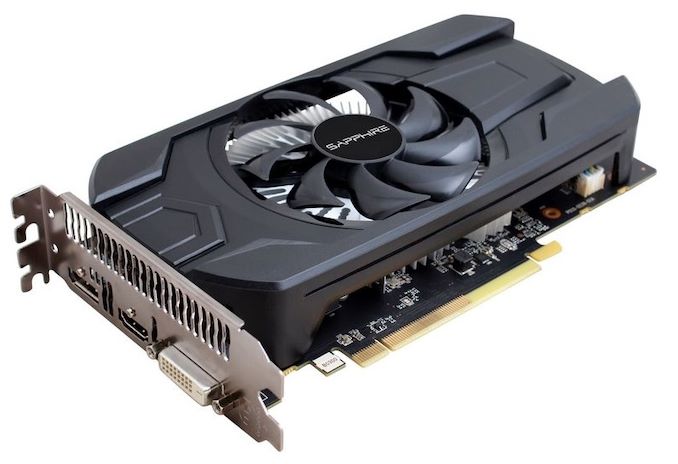
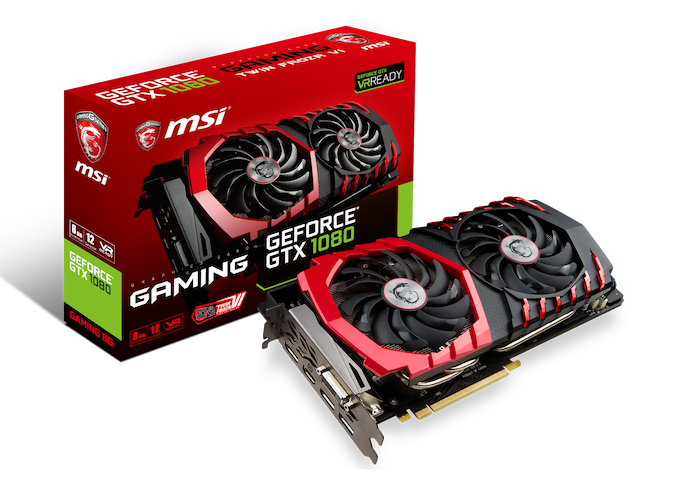
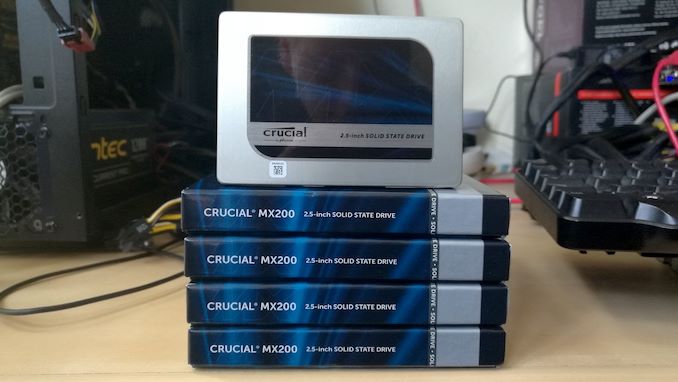
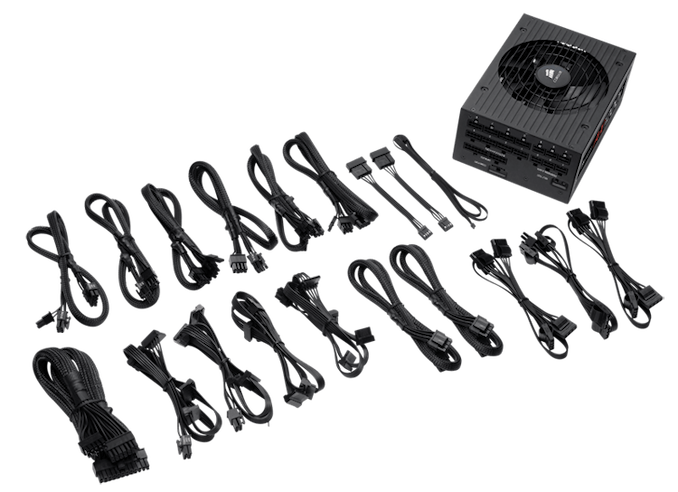
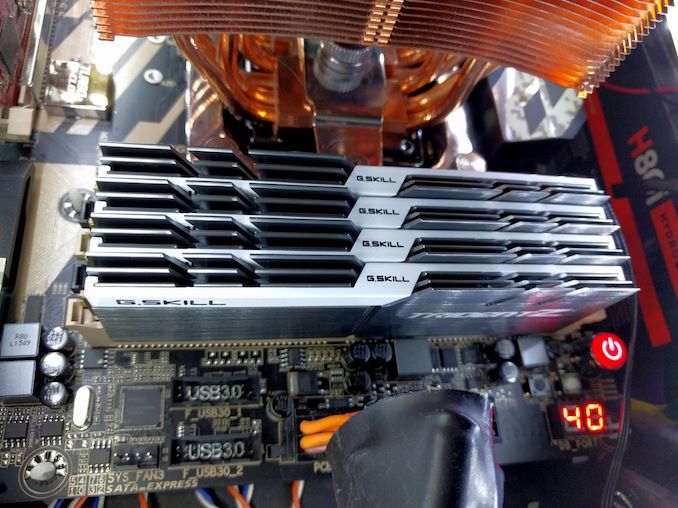
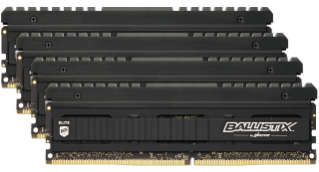
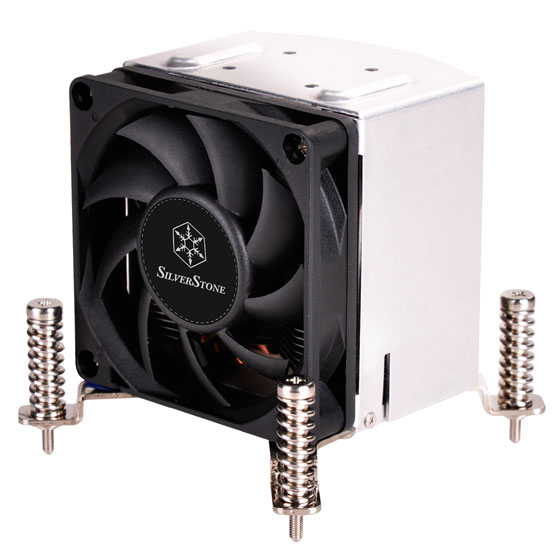
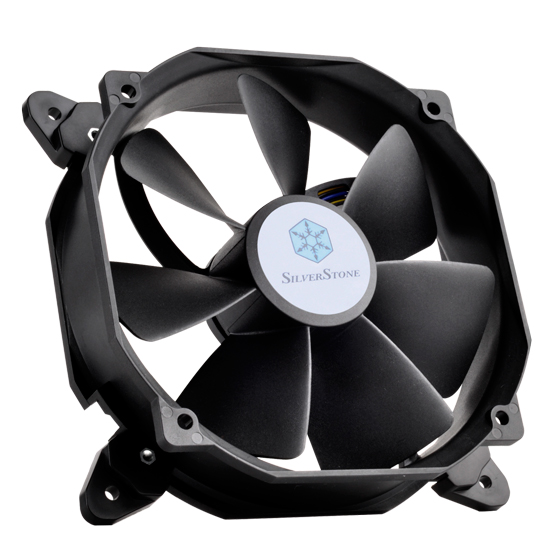








274 Comments
View All Comments
Hxx - Friday, October 19, 2018 - link
i came in here to see how my now mid range 8700k OC at 5GHZ stacks against the 9900k. It holds its own but my the 9900k is impressive. the 9700k hits 5.4ghz im hoping on a custom loop the 9900k/9700k to hit 5.5ghz without too much fuss.Alistair - Saturday, October 20, 2018 - link
You taking that on faith? Way too much heat to cross 5.2ghz.mapesdhs - Sunday, October 21, 2018 - link
5.5 without too much fuss? I guess he hasn't watched der8auer's updates on the 9900K. :Dedwpang - Friday, October 19, 2018 - link
This i9 9900k makes me remember the Prescott which is very hot and power consuming.GNUminex_l_cowsay - Friday, October 19, 2018 - link
What does "IGP" mean? If it means low enough to run on the integrated graphics then include the actual integrated graphics performance.Why are AMD cpus missing from half the gaming benchmarks. If you don't have enough time to test all the cpus then cut out the redundant components like 6700k or 7700k, or get rid of the stuff no one bought like the 8086k.
IndianaKrom - Friday, October 19, 2018 - link
Well, now we know why they soldered the chip to the heat spreader: Passing 220w through ~177 mm2 of thermal paste is an exercise in futility. Without a doubt, those all core turbo frequencies are impossible to sustain for more than a fraction of a second without either liquid metal or solder as the transfer compound. Its probably even worse than that because the power and heat isn't going to be spread evenly over the entire die, so it may be exceeding 2-3w/mm2 in places. It would be a whole different type of "Meltdown" flaw if they were still using paste with that kind of power density.mapesdhs - Sunday, October 21, 2018 - link
See:https://www.youtube.com/watch?v=r5Doo-zgyQs
nowayout99 - Friday, October 19, 2018 - link
On a scale of 1-10, I give the 9900K a 14+++++.ToTTenTranz - Friday, October 19, 2018 - link
There's some dedication to "value" in the article, yet all the graphs only show the launch MSRP for each CPU. The TR 1920X costs around $400 right now, about half of the price that appears in the graph.Also, those 2700X scores on Ashes look strange. Slower than the 2600X in a game that tends to like more cores? Something's missing..
isabirov - Friday, October 19, 2018 - link
Why power consumption of 8700k and 8086k differs so much? Shouldn't 8086k be higher than 8700k?